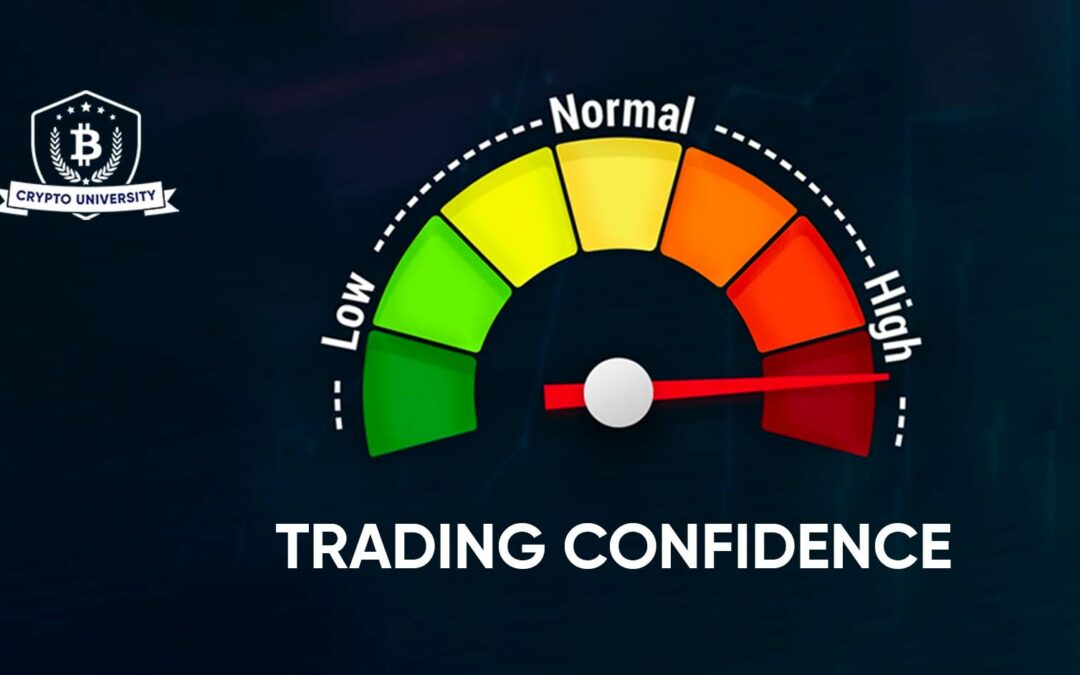Practice every day. There is such a thing as over-trading, but as a beginner, you need to practice every day to gain exposure to the many different patterns and possibilities the market presents. There will not always be a great trade available, but you need to be executing as many trades as possible to find out what is a good setup/strategy and what isn’t. You can do this on a paper trading or demo account at first to practice your TA, then introduce a small amount of money to train emotional management.
Practice multiple strategies! Don’t just watch a few videos and think you found a winning strategy. It may be a good strategy, but only if the user can use it properly! You need to find strategies that interest you and test them. Run a sample of 50-100 trades per strategy to see which returns the most. It might sound excessive, but you will be more confident to trade with it when you know you have used it 100 times.
Keep records for yourself! Document a trade: your reason for entry, the feelings you had when it was live, the feelings you had after taking it and was it a profit or loss? Then use this information to try and figure out why you won or lost. If it was a win, don’t just look past it. Try to see what made your winners and how you can replicate those trades. Analyze big winners, especially to see how you can get into such a position again. The same goes for losers – analyze them and see if there is a common mistake or theme present that you can delete or minimize to reduce losing trades from your spreads. Review big losers closely to identify the errors made and determine how to delete them.
Decide you are ultimately responsible for the trade. Good or bad, it’s on you! Don’t hide from any part of trading. It hurts to take a loss – understand this is natural, and you will have losses. It is how you manage the losses that will separate you from the rest. Understand your feelings and learn what you can do to combat them or neutralize them when trading. Record yourself trading if you’ve got the grit. Watch your face, watch your eyes, and your reactions. Learn who you are when you’re trading.
Prepare yourself daily to handle any variable the market will throw at you. Once you have taken thousands of trades and have chosen your strategies, you must analyze yourself emotionally. This way, you will be able to predict the market and yourself within reasonable measures.
By viewing any material or using the information within this publication you understand that this is general education material, and you cannot hold any person or entity responsible for loss or damages resulting from the content or general advice provided here. Trading cryptocurrency has potential rewards, but also potential risks. You must be aware of the risks and be willing to accept them in order to invest in the markets. Only trade with funds you can afford to lose. This publication is neither a solicitation nor an offer to buy/sell cryptocurrency or other financial assets. No representation is being made that any account will or is likely to achieve profits or losses similar to those discussed in any material on this website. The past performance of any trading system or methodology is not necessarily indicative of future results.
Written by Edward Gonzales © Crypto University 2022
